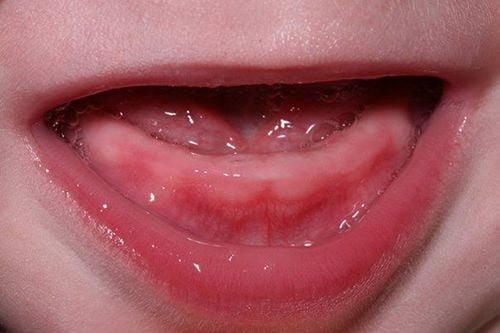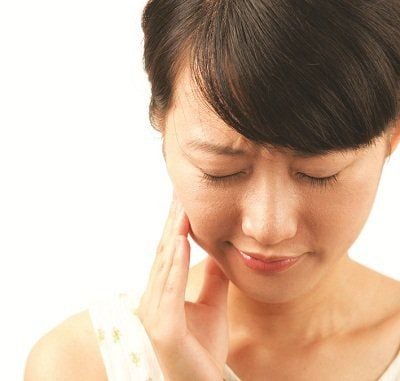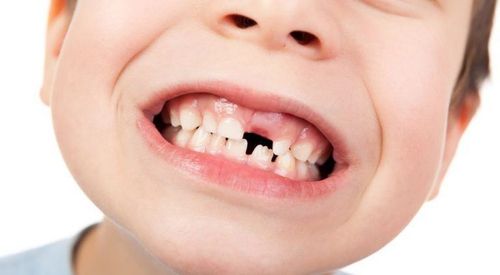Baby teeth are the first set of teeth that erupt after birth. While these teeth are temporary and will eventually fall out to be replaced by permanent teeth, their importance should not be underestimated. Delayed eruption or the absence of baby teeth could impact a child’s overall development.
1. What is the normal timeline for baby teeth eruption?
Baby teeth, also called primary teeth, are the first set of teeth a person develops before they are replaced by permanent teeth later in life. Typically, baby teeth start erupting when a child is between 6 to 12 months old.
However, every child is unique. Some children are born with teeth already present, while others may erupt their first tooth as early as 4 months or as late as close to 12 months.
If your child hasn’t erupted any baby teeth by their first birthday, it’s advisable to visit a pediatric dentist. Similarly, if all remaining baby teeth have not erupted by the time your child turns 4 years old, professional evaluation is recommended.
On average, baby teeth begin to erupt between 6 and 12 months, with the first tooth expected no later than the child’s first birthday.
The eruption times of baby teeth vary depending on the type of tooth. According to the American Dental Association, typical timelines for the eruption of upper and lower baby teeth are as follows:
Upper teeth:
- Central incisors: 8 to 12 months
- Lateral incisors: 9 to 13 months
- Canines (cuspids): 16 to 22 months
- First molars: 13 to 19 months
- Second molars: 25 to 33 months
Lower teeth:
- Central incisors: 6 to 10 months
- Lateral incisors: 10 to 16 months
- Canines (cuspids): 17 to 23 months
- First molars: 14 to 18 months
- Second molars: 23 to 31 months
All baby teeth usually erupt by the time a child is between 27 months and 3 years old. The timelines provided are general, and individual children may experience variations.
The eruption of baby teeth may be delayed by 6 to 12 months compared to typical timelines. That said, if a child’s remaining baby teeth are still erupting at around 45 months of age (approximately 4 years old), it may not necessarily indicate a problem, but further evaluation by a dentist is advised for peace of mind.

2. When should you worry about delayed baby teeth eruption?
Delayed eruption occurs when a tooth emerges later than its typical timeline. For the first baby teeth, eruption occurring between 12 and 24 months may be considered abnormal. For the remaining baby teeth, eruption after 4 years of age could indicate an issue.
A pediatric dentist can assess whether the timing of tooth eruption aligns with a child’s overall development and growth.
3. What can cause delayed tooth eruption?
Several factors can contribute to delayed tooth eruption, or it may be the first or only sign of an underlying medical condition.
Common causes of delayed eruption in baby teeth:
- Premature birth or low birth weight: Premature babies—those born too early—are at risk for delayed growth and development, including delayed tooth eruption.
- Malnutrition: Proper nutrition during pregnancy and early childhood is essential for healthy development. Malnutrition during these periods can delay tooth eruption.
- Certain syndromes can result in delayed eruption of baby teeth, including: Down syndrome, Apert syndrome, Ellis-van Creveld syndrome, Hutchinson-Gilford progeria syndrome, Zimmermann-Laband-1 syndrome, Axenfeld-Rieger syndrome. These situations can also result in delayed eruption of permanent teeth.
- Developmental disorders: Delayed or absent baby teeth eruption may result from developmental abnormalities, such as: Cleidocranial dysplasia, Ectodermal dysplasia, Odontodysplasia.
- Endocrine disorders: The endocrine system produces hormones that regulate growth and development. Some hormonal conditions can delay tooth eruption, such as: Hypothyroidism, Hypopituitarism, Hypoparathyroidism.
- Genetics: If there is a family history of delayed tooth eruption, a child is more likely to experience the same. Similarly, if any of the above-mentioned conditions run in the family, they may contribute to delayed tooth eruption.
4. Are there any issues with delayed baby tooth eruption?
In most children, delayed tooth eruption is usually not a major concern. However, if a child’s baby teeth erupt later than average, it could lead to potential complications in the future.
Delayed tooth eruption may result in:
- Difficulty chewing;
- Difficulty speaking;
- Difficulty expressing facial emotions;

5. When should you take your child to the dentist if they haven't grown teeth?
If your child hasn't developed their first baby tooth by 12 months, it's important to take them to the dentist. You should also consult a dentist if the remaining baby teeth have not erupted by the age of 4. The dentist may refer you to a specialist to determine the cause.
Other signs that require a visit to the dentist include:
- Tooth loss;
- Wide gaps between teeth;
- Unusually large or small teeth;
- Signs of cavities in baby teeth;
- Baby teeth not falling out when permanent teeth begin to emerge;
If your child has a fever with a temperature above 38°C, you should see a pediatrician. Slightly elevated temperature is common when a child is teething, but fever often signals a more serious illness. When the first baby tooth erupts, it’s also a good idea to visit the dentist for a check-up.
Baby teeth usually start to emerge between 6 to 12 months, and by the time a child is 3 years old, they typically have a full set of baby teeth. However, the timing of tooth eruption can vary widely from child to child. A slight delay is usually not a cause for concern.
If your child has not yet grown any baby teeth by 12 months, or if there are still missing teeth at 4 years old, the dentist can assess whether there is an issue or whether a referral to a specialist is necessary.
Reference sources: colgate.com, healthline.comPlease dial HOTLINE for more information or register for an appointment HERE. Download MyVinmec app to make appointments faster and to manage your bookings easily.
To arrange an appointment, please call HOTLINE or make your reservation directly HERE. You may also download the MyVinmec app to schedule appointments faster and manage your reservations more conveniently.








